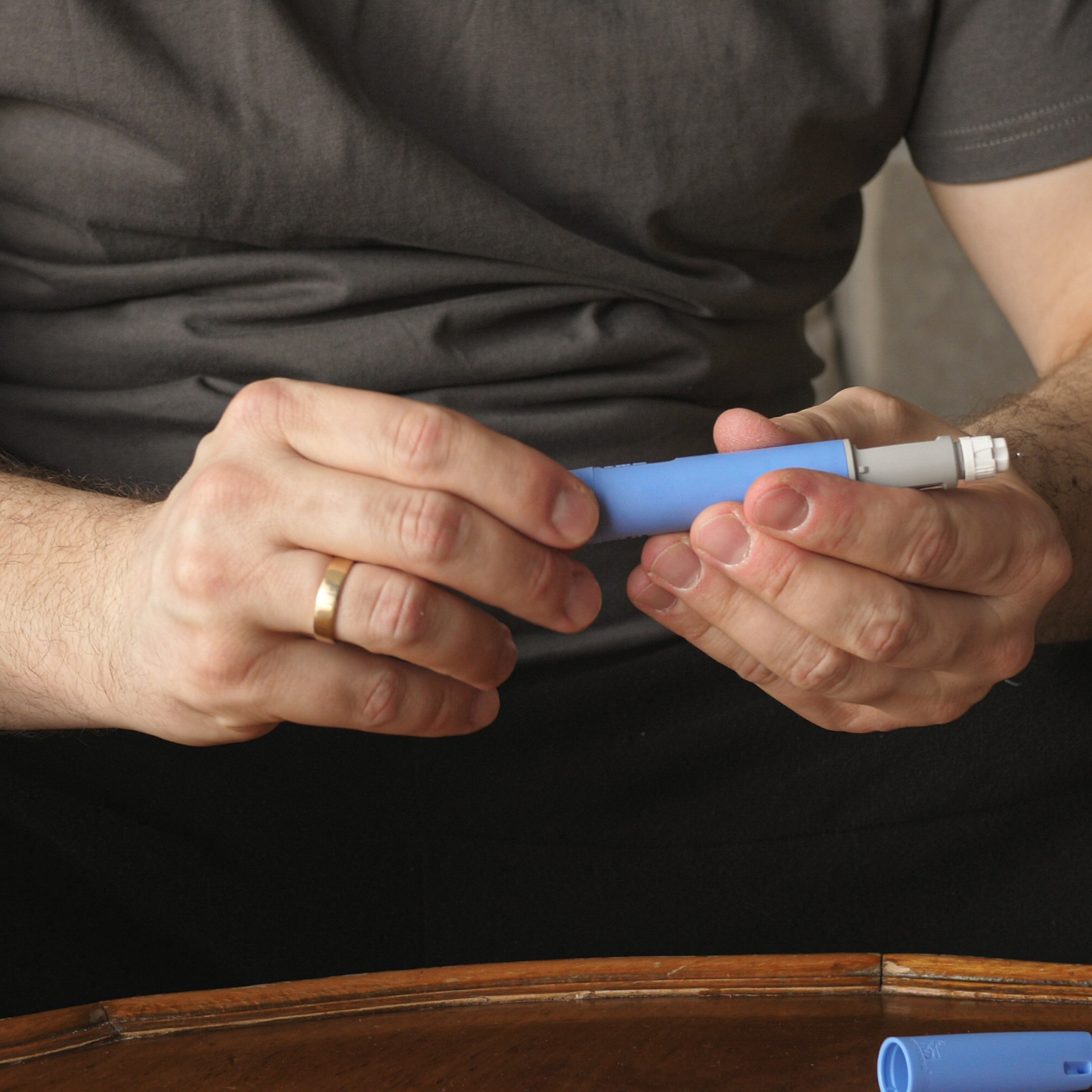In treating T2D diabetes patients, our Texas Diabetes & Endocrinology board-certified experts may recommend medication to help lower blood sugars in addition to lifestyle changes. Some injectable forms of medical therapy, known as GLP-1RA medications, have been trending in the news lately due to their role in weight-loss management.
These drugs go by popular brand names such as Ozempic, Mounjaro, and Trulicity.
While the medicines are very effective for many patients and can be used safely with regular monitoring, recent data reports that there can be serious gastrointestinal (GI) side effects in rare cases.
GLP-1RA Gastrointestinal Side Effects
GLP-1RAs help to slow the speed at which food passes through the stomach, causing people to feel fuller longer and better regulate blood sugar levels.
This form of drug treatment however can also lead to GI side effects (like severe nausea and vomiting) in some people.
A new study in the Journal of the American Medical Association recently revealed that those taking GLP-1RAs for weight loss were at an increased risk of GI issues such as:
- Biliary disease
- Gastroparesis
- Pancreatitis
- Bowel obstructions
These conditions reportedly contributed to many patients electing to discontinue use on their own.
A study published in the American Journal of Managed Care found that approximately 50% of those being evaluated and who were on GLP-1RA meds stopped them within a year.
What are the consequences of stopping GLP-1RA meds without direction from your doctor?
While initially stopping these medications may not have immediate health repercussions, it could likely have an effect down the road.
Failure to properly manage diabetes could lead to complications from continuously elevated blood sugars – like nerve damage, vision loss and worsening kidney function. Stopping these medications could also lead to regaining any lost weight, which typically also worsens insulin resistance and blood sugar control.
With any new therapy, it is important to follow all instructions carefully and as directed by your doctor. Our endocrinology experts will always discuss treatment options with you and any potential risks or side effects.
If you ever experience side effects from your diabetic medications, please contact us right away so that we can evaluate the situation and discuss effective alternatives.
Contact Us Today to Learn More about Diabetes and Weight Loss Management
If you’d like to schedule an appointment with Texas Diabetes & Endocrinology and discover how our diabetes services and weight-loss management program can help you lead a full and active life, contact us at (512) 458-8400 or request an appointment online.
Don’t forget to follow us on Facebook and Instagram and check back with us each month as we provide you helpful wellness and health information.





